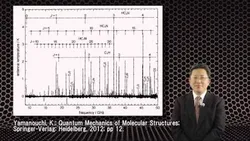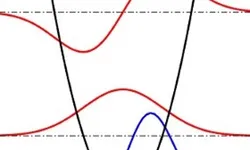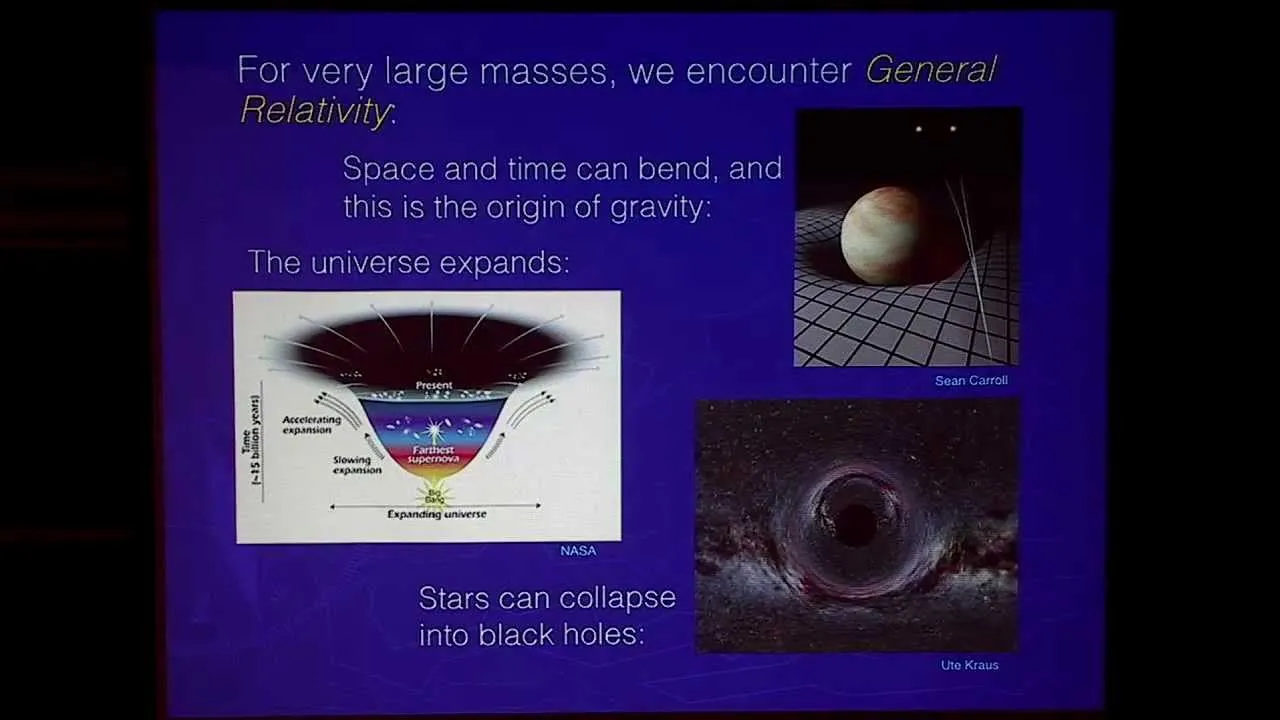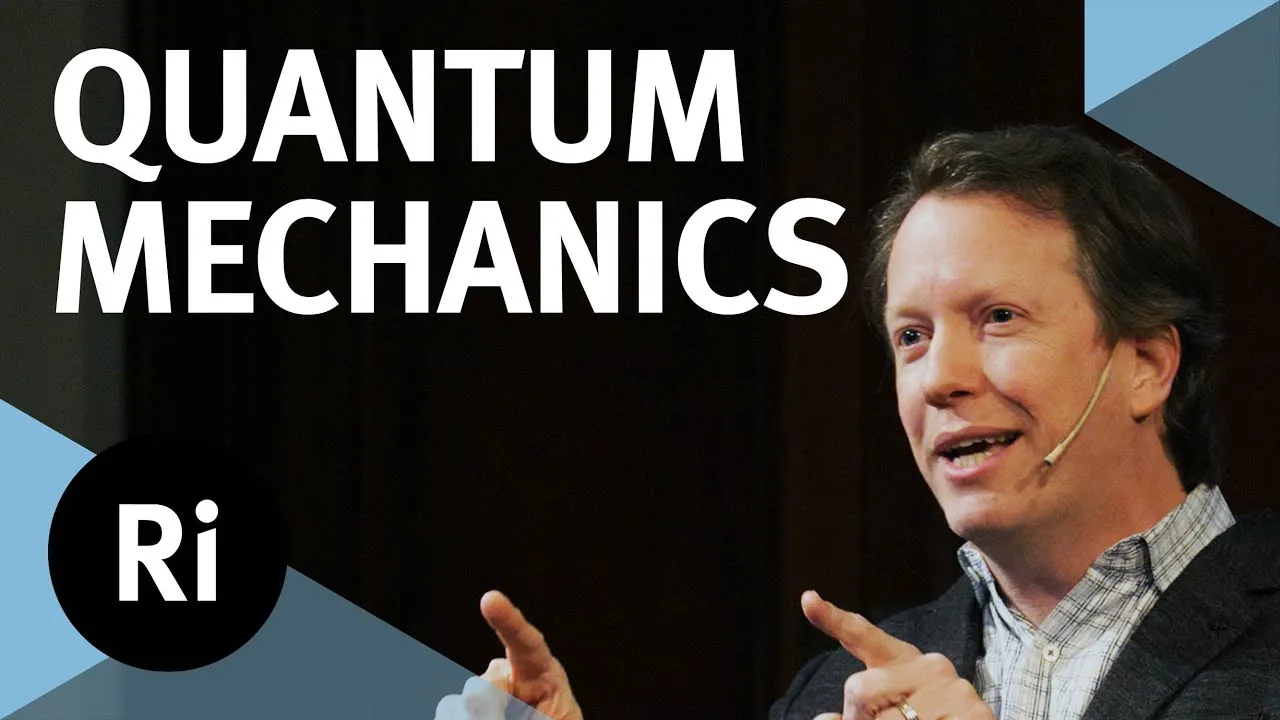
Quantum Mechanics of Molecular Structures 
This course provides an overview of the two main methods used to determine the geometrical structure of molecules: molecular mechanics and quantum mechanics. It covers topics such as the principles of quantum mechanics, the Schrödinger equation, and the application of these principles to the study of molecular structure. Students will gain an understanding of the fundamentals of quantum mechanics and its application to molecular structure. ▼
ADVERTISEMENT
Course Feature
![]() Cost:
Cost:
Free
![]() Provider:
Provider:
Edx
![]() Certificate:
Certificate:
Paid Certification
![]() Language:
Language:
English
![]() Start Date:
Start Date:
Self paced
Course Overview
❗The content presented here is sourced directly from Edx platform. For comprehensive course details, including enrollment information, simply click on the 'Go to class' link on our website.
Updated in [March 06th, 2023]
Learners can learn from Quantum Mechanics of Molecular Structures in the following areas:
1. Molecular Spectroscopy: Learners will gain an understanding of how electrons move within a molecule, how vibrational motions of the nuclei within a molecule can be observed, and how rotational motions of a molecule can be studied.
2. Gas Electron Diffraction: Learners will learn the fundamental mechanism of electron scattering and how the resulting diffraction images can be used to reveal the geometrical structure of molecules.
3. Molecular Vibration: Learners will gain an understanding of how molecular vibration plays an important role in determining the geometrical structure of molecules.
4. Comprehensive Understanding: By the end of the course, learners will have a comprehensive understanding of molecular structure from the information obtained by the two methodologies.
[Applications]
Upon completion of this course, students can apply their knowledge to analyze the geometrical structure of molecules using molecular spectroscopy and gas electron diffraction. They can also use the textbook mentioned above to further their understanding of the topics covered in the course.
[Career Paths]
1. Molecular Spectroscopy Researcher: Molecular spectroscopy researchers use light or electric waves to study the motions of electrons within a molecule. They analyze the data obtained from the spectroscopy experiments to gain insights into the structure of molecules. This field is rapidly developing due to the emergence of new technologies such as laser spectroscopy and nuclear magnetic resonance spectroscopy.
2. Gas Electron Diffraction Analyst: Gas electron diffraction analysts use an accelerated electron beam to study the geometrical structure of molecules. They analyze the diffraction patterns obtained from the experiments to gain insights into the structure of molecules. This field is rapidly developing due to the emergence of new technologies such as electron diffraction tomography and electron diffraction imaging.
3. Quantum Chemistry Modeler: Quantum chemistry modelers use quantum mechanical models to study the structure of molecules. They use the data obtained from experiments to develop and refine their models. This field is rapidly developing due to the emergence of new technologies such as machine learning and artificial intelligence.
4. Molecular Dynamics Simulations Developer: Molecular dynamics simulations developers use computer simulations to study the dynamics of molecules. They use the data obtained from experiments to develop and refine their simulations. This field is rapidly developing due to the emergence of new technologies such as high-performance computing and cloud computing.
[Education Paths]
1. Bachelor of Science in Chemistry: A Bachelor of Science in Chemistry is a four-year degree program that focuses on the study of the structure, properties, and reactions of matter. Students will learn about the fundamentals of chemistry, including atomic and molecular structure, thermodynamics, and chemical kinetics. They will also gain an understanding of the principles of chemical analysis, organic and inorganic chemistry, and biochemistry. This degree is ideal for those interested in pursuing a career in the chemical industry, research, or teaching.
2. Master of Science in Chemistry: A Master of Science in Chemistry is a two-year degree program that focuses on advanced topics in chemistry. Students will learn about the structure and properties of matter, chemical reactions, and the principles of chemical analysis. They will also gain an understanding of the principles of organic and inorganic chemistry, biochemistry, and physical chemistry. This degree is ideal for those interested in pursuing a career in research, teaching, or the chemical industry.
3. Doctor of Philosophy in Chemistry: A Doctor of Philosophy in Chemistry is a four-year degree program that focuses on advanced topics in chemistry. Students will learn about the structure and properties of matter, chemical reactions, and the principles of chemical analysis. They will also gain an understanding of the principles of organic and inorganic chemistry, biochemistry, and physical chemistry. This degree is ideal for those interested in pursuing a career in research, teaching, or the chemical industry.
4. Master of Science in Quantum Mechanics: A Master of Science in Quantum Mechanics is a two-year degree program that focuses on the study of the behavior of matter and energy at the atomic and subatomic level. Students will learn about the principles of quantum mechanics, including wave-particle duality, the Heisenberg uncertainty principle, and the Schrödinger equation. They will also gain an understanding of the applications of quantum mechanics, such as quantum computing and quantum cryptography. This degree is ideal for those interested in pursuing a career in research, teaching, or the technology industry.
Course Provider

Provider Edx's Stats at AZClass
Discussion and Reviews
0.0 (Based on 0 reviews)
Explore Similar Online Courses

Azure Security and Compliance

Brand Management: Aligning Business Brand and Behaviour

Python for Informatics: Exploring Information

Social Network Analysis

Introduction to Systematic Review and Meta-Analysis

The Analytics Edge

DCO042 - Python For Informatics

Causal Diagrams: Draw Your Assumptions Before Your Conclusions

Whole genome sequencing of bacterial genomes - tools and applications

Foundations of Quantum Mechanics

Gravity and Quantum Mechanics - The Quest for Unification

A Brief History of Quantum Mechanics - with Sean Carroll
 Related Categories
Related Categories
 Popular Providers
Popular Providers
Quiz
 Submitted Sucessfully
Submitted Sucessfully
1. What is the primary focus of this course?
2. What are the two primary methods used to determine the geometrical structure of molecules?
3. Do I need to buy a textbook for this course?
4. What is the primary method used to determine the geometrical structure of molecules?
Correct Answer: Molecular spectroscopy and gas electron diffraction.


Start your review of Quantum Mechanics of Molecular Structures